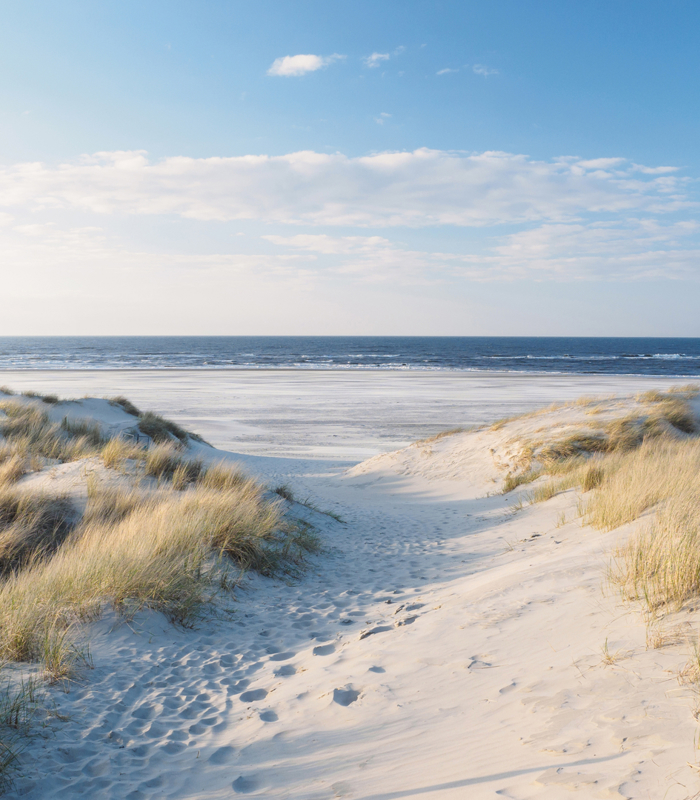On 14 February, students and lecturers from HAS University of Applied Sciences and HZ University of Applied Sciences went on a joint field trip to the Dutch island of Schouwen-Duiveland. In the Living Lab, the two universities are working together on issues related to salt and agriculture in saline and brackish areas (saline agriculture). During the excursion, the students gained an insight into the challenges Schouwen-Duiveland is facing with respect to the availability of fresh water for agriculture.
Multi-disciplinary approach
The questions in the Living Lab can come from various parties. “Because these issues demand a multi-disciplinary approach, we will determine on an issue by issue basis who can best tackle it,” explains Suzanne Wierckx from HAS University of Applied Sciences. “HAS University of Applied Sciences approaches the issues from the perspective of agriculture, food and environment, whilst HZ University of Applied Sciences focusses on water management and civil engineering. Each issue has multiple perspectives. The goal is to find valuable answers to the questions, in collaboration with each other.”
Warm welcome
The field trip began with a warm welcome in Zierikzee’s town hall, where the students were given two presentations. A representative of the municipality gave an explanation of the methods used by the Living Lab Schouwen-Duiveland and its importance. The water board then highlighted Schouwen-Duiveland’s water system.
Different questions per area
After the town hall, the trip went on to visit 3 arable farmers, who each shared their own perspective on the region’s challenges. “The production circumstances for the farmers differed greatly for each area of Schouwen-Duiveland which we visited,” says Suzanne. “Excess water in summer, lack of fresh water for irrigation, salt water in the ditches, fresh water in the ditches, etc. It became apparent that the issues for agriculture vary per area and cannot be resolved with a simplistic approach.” To end the field trip, the coach drove to the Plompe Toren tower for a stunning view of Schouwen-Duiveland and the Eastern Scheldt.
Various projects
There are currently several projects underway at the Living Lab Schouwen-Duiveland, conducted by students from the HAS study programmes Geo, Media & Design, Spatial & Environmental Planning and Applied Biology, as well as from the HZ study programme Water Management. Click here to see an example of a successful project.



